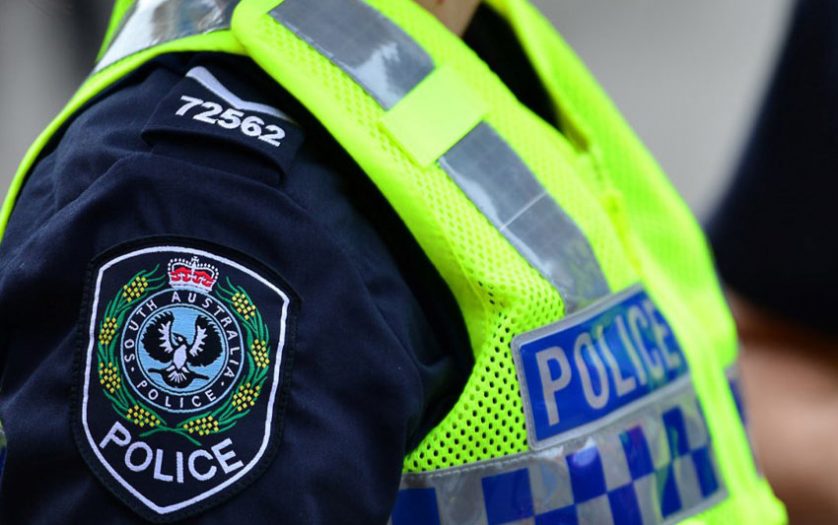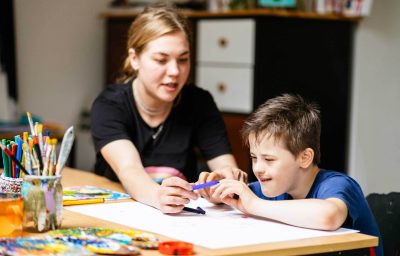
South Australia Police (SAPOL) in partnership with Autism Spectrum Australia announced that all police officers will undertake autism training to broaden understanding when interacting with people.
The roll out of this training is part of SAPOL’s commitment to supporting police officers to have the tools and knowledge to effectively interact with autistic people.
“There are around 25,000 adults and children on the autism spectrum in South Australia, so as a police officer, you can expect to interact with autistic people on a regular basis,” says SAPOL’s Director of Human Resources Service, Kim-Sherie Summers.
“The purpose of this training is to increase capability of officers to recognise signs of autism and to effectively interact with autistic people.”
“SAPOL’s vision is for safer communities, where each member of the public regardless of ability or disability feels safe and respected. This vision is supported by SAPOL’s Disability Access and Inclusion Plan 2020-2024,” said Director Summers.
The online autism training module was developed by the Aspect Research Centre for Autism Practice, the research arm of the nation’s largest autism-specific service provider, Autism Spectrum Australia (Aspect).
Lead researcher, Vicki Gibbs says the module is the result of research findings that showed that a large proportion of autistic people living in Australia reported challenging interactions with police, which was often attributed to misunderstanding of the autistic person’s behaviour or communication. Importantly, researchers developed the module in partnership with autistic people, using their life experience and wisdom to shape and guide the training.
As part of the training module, police officers virtually interact with a number of different scenarios that could involve interacting with an autistic person and encounter ‘typical’ behaviours of an autistic person. These scenarios could range from routine traffic stops to identifying and managing a ‘melt down’. As part of the training, officers are required to provide their response to each scenario.
This is one of several actions SAPOL is putting in place to provide accessible and inclusive information, services and facilities for people with disability.
For more information on SAPOL’s commitment to disability and inclusion please visit https://www.police.sa.gov.au/about-us/disability-plan-2020






